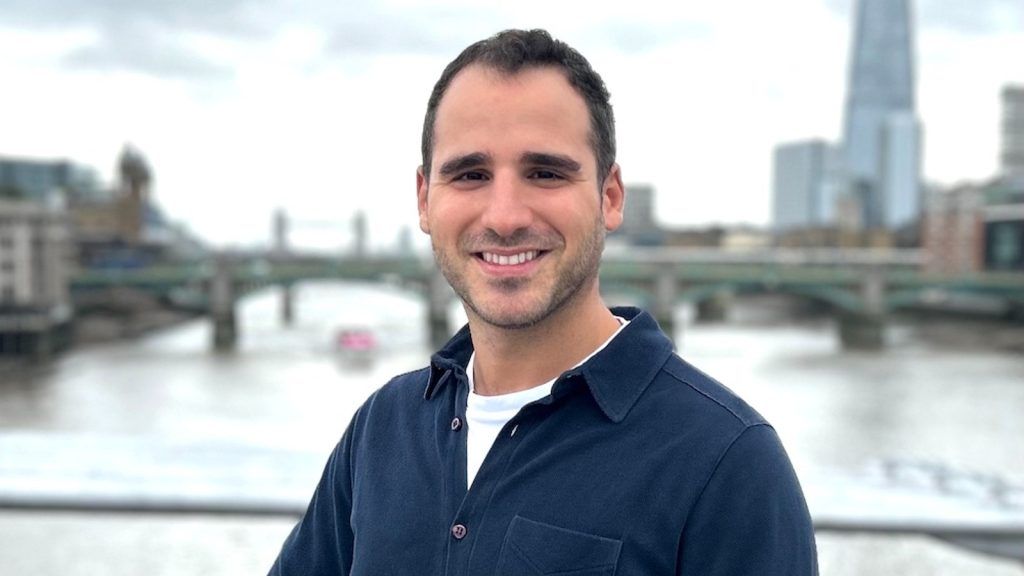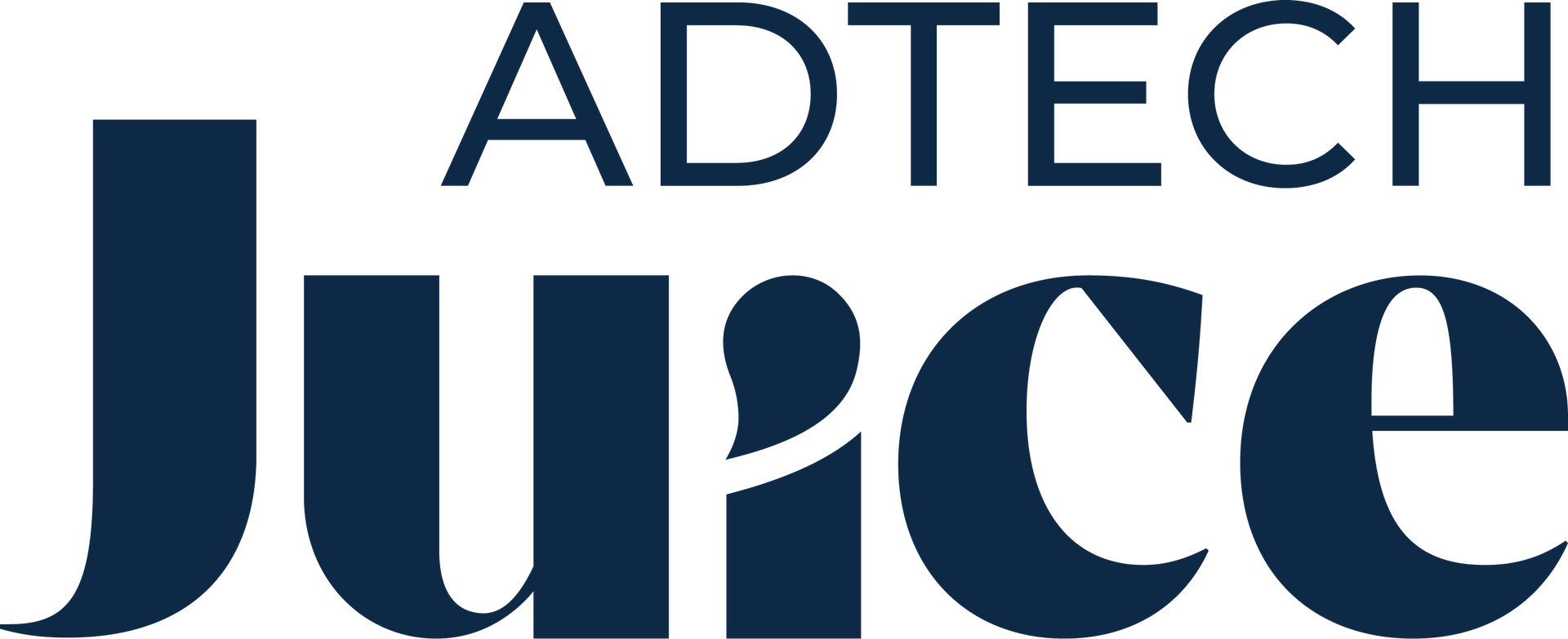Founder stories: Picnic bosses thought they were headed to jail

Over the past four years, user-first media platform Picnic has established itself as one of the UK’s leading homegrown ad tech companies – working hard to create a more user-friendly ad-funded open web, delivering over 600 campaigns and helping brands such as EE, L’Oréal and Amazon to reach highly receptive audiences.
In September, the London-based company announced it had closed a £1m funding round, led by FirstPartyCapital, MiQ global executive chairman and co-founder Gurman Hundal, Scope3 co-founder and CEO Brian O’Kelley and US-based AperiamVentures, which will accelerate new products and spearhead Picnic’s expansion into the US market.
As Picnic gears up for its next set of challenges, CEO Matthew Goldhill reflects on a founder’s journey that began only seven years ago – from the early stumbles, via the twin perils of Covid and Truss, to today’s high hopes…
Congratulations on the funding round. As a company, where are you now?
I would say we are a fundamentally different, more mature, more sustainable business than we were even a year ago.
I think we’ve got a fantastic reputation from big customers, but also when we hire now, we get a really good response.
We get really respectable senior people who go, oh, yes, I know Picnic well. We’ve got repeat customers in almost all the agencies we work with – people who love our product.
We are still a small fish in a big pond, but we are launching in the US and we are trying to become a medium-sized fish in a big pond.
How did you come to launch Picnic?
In 2016, I was 25, and I was working at AppNexus, now Xandr. I saw businesses building on top of Xandr’s programmatic advertising platform and I thought, I’m going to try and build a business like that for mobile.
I’d also done quite a lot of creative work previously, and I didn’t think there had been a very good angle for creative on mobile.
So I just quit my job, along with a friend. We didn’t have any customers. We had lots of knowledge about ad tech, but none of the skills needed to grow a business. And we started it from there.
What has growing a team taught you?
I had worked at a few companies and the culture wasn’t always that great for me. And that was the one area where I always thought I would be able to do a better job.
And I think we’ve proven that at Picnic – we recently got an internal employee NPS [Net Promoter Score, measuring satisfaction and loyalty] of 85.
That is unbelievably high. We have been certified as a flexible place to work by Flexa, the UK verification provider, with an overall score of 89%.
I think one of the biggest lessons I’ve learnt as a founder is the importance of culture; trust is integral to everything we do, and allows us to fail safely, but learn – as we freely share our problems, criticisms, ideas and successes.
Without a doubt, this makes us stronger as a company and as a team.
People tend to glamourise startups, even the hard parts. How was your experience of launching Picnic back in 2016?
It was incredibly hard. Up until fairly recently, I think I’ve tended to sugarcoat parts of the story, but when you go right back to our first two years, it was really two years of failure and frustration.
For a long time, nothing worked at all. We had so many problems. We thought we had committed ad fraud at one point. We thought we were going to prison.
Why did you think you were going to prison?
We were trying to do performance mobile advertising, driving in-app instals for customers.
Early on, we had a campaign that wasn’t working very well. But we’d realised we could buy the inventory a lot cheaper than we were selling it for.
So we thought, well, let’s be really ethical, let’s just use the budget to buy lots more ad impressions for the client. We would cost in our margin, buy a lot of extra inventory and hopefully it would drive more results.
The mistake we made was, although we added a click tracker, we didn’t add an impression tracker, so the client didn’t know how many impressions we were serving.
And what this meant was that clicks went up at some astronomical rate. So we had a 10% click-through rate, whereas usually it’d be more like 0.1%.
The minute we realised, we became convinced they were going to call us out for ad fraud. I remember sitting in a little meeting room, me and my co-founder, and we were like, we’re going to jail.
When did Picnic begin to turn around?
About two years in. We hadn’t really paid ourselves much over the previous two years, but we were still running out of money. We were doing Facebook ad buying – just anything to keep the lights on.
My co-founder was clearly hating it and he wanted to leave, and I went to see my old bosses, one of whom is still on our board, and they said, you just need to come up with something new.
And it was as simple as, let’s take a sponsored story format and put it mid-article on a Google AMP page – effectively bringing social-type advertising to mobile sites on the open web.
From that one product – social ads in a mobile context – we built Picnic into an eight-person company.
We now have a comprehensive product set across every single marketing challenge, but user-first is still really the single thread that connects the dots over the last five years.
Now we articulate our mission as creating a more user-friendly ad-funded internet, but I think if you look at almost everything we’ve done, it has been built around putting the user first, with quality and creativity – either organically or, like now, explicitly and purposefully.
So after you had identified the initial core product, was everything like a picnic from then on? (Pun totally intended).
Well, after that, we knew what we were doing as a company, but the world kept going mad.
There have been at least three occasions where I don’t think I was out of proportion to be convinced that the company wasn’t going to survive another week.
There were the early stages; then my co-founder left, which meant I had to find a new head of technology when we didn’t actually have a product at that time; and then Covid.
I have thought it was all going to end on multiple occasions.
Even last year, when Liz Truss did the mini-budget, it affected us in so many different ways. I remember when the budget was announced and interest rates started rocketing, on the day I was like, okay, this is gonna have implications.
Our American costs went up by 15% in a day. I just remember cortisol, the stress hormone, raging through my body for probably a three-month period. It was not fun.
But you know, happiness and satisfaction also come from the suffering, right? If it’s always good times, you don’t have any context.
What is the toughest aspect of running a startup?
The hard part about doing a startup is continually being motivated. I’ve definitely achieved everything I set out to achieve when I was 25.
If you’d said that I would get to build a business, raise money from the businesses that I was trying to emulate, move to America, work with some of the biggest customers in the world, that would without a doubt have been enough.
But then you have to reset and refocus your ambition. You can’t be a small fish forever. We’ve got to be a bigger company.
Sustainability is a big deal for you as well, isn’t it?
Yes, and we have a lot of proof to show we were first on that bandwagon. We wanted to do something with sustainability at the end of 2021.
We were the first company of our type to speak to Scope3, the first to 100% carbon compensate all delivery emissions, the first to use some of their products – not because we wanted to talk about it but because we really care about it.
And now you’re working from New York?
Yes. Most of the company is still in London, but I am based in New York.
The US market is the biggest in the world for advertising, and there are lots of opportunities, not just in New York but in the regional cities, many of which are markets as big as the UK, so there is huge opportunity there.
But it felt like we needed a founder on the ground to sniff out the problems. It wasn’t just going to be like a copy-and-paste job – we needed someone there to identify the tweaks we needed to the product to make it work.
Up until very recently I have been focused on our investment round, but we have our first customer here and they’re very happy with us, so it’s almost like Day Zero in America.
Also published in: Mediashotz



